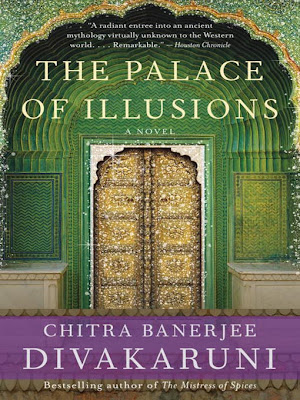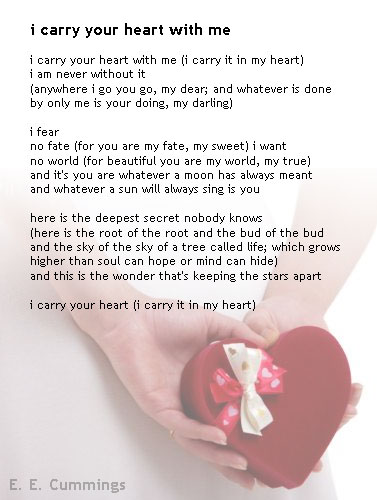The Palace of Illusions
Exam time is very exciting for it is the time that I see the best movies and read the most interesting stories. After having sobbed through two hours of Forest Gump day before yesterday, I picked up a book with the most interesting synopsis.
Narrated by Panchaali, the wife of the five Pandava brothers, The Palace of Illusions finally gives a woman's take on the timeless tale that is the Mahabharata. Tracing Panchaali's life from fiery birth and lonely childhood, where her beloved brother is her only true companion; through her complicated friendship with the enigmatic Krishna; to marriage, motherhood, and her secret attraction to the myste-rious man who is her husbands most dangerous enemy, it's a deeply human story about a woman born into a man's world.
Sufficient to say I was intrigued and plunged head on into the tale.
'The Palace of Illusions'- by Chitra Banerjee Divakaruni is the retelling of the Mahabharata from the point of view of Draupadi. The title is a reference to the grand palace built at Indra Prastha by 'Maya' for the Pandavas and as per this story, the only place where Draupadi was happy during her lifetime.
Often overly simplistic and rushed, the story glides over the action packed scenes that are popular and representative of the Mahabharat. Thus the 'vastra haran' is quick, the death of 'Bheeshma pitamah' is a casualty and poor Abhimanyu enters the Chakravyu in seconds of page time. However, personally I enjoyed that, for I know those parts of the story. The author instead spends a lot of time developing Draupadi's childhood friendship with her brother Dhri, her inexplicable and instant connection with Karna, and her life long and at times flirtatious interactions with Krishna.
When either Dhri (Dhrishtadyumna Draupadi's Brother) or Krishna are on the page with Paanchali, my lips quirk, for the dialogue is equal parts funny and impudent.
“Can't you ever be serious?' I said, mortified.
'It's difficult,' he said. 'There's so little in life that's worth it.”
― Chitra Banerjee Divakaruni, The Palace of Illusions
Her childhood is rebellious, but not unlike other medieval accounts of treatment meted out to females. She isn't allowed to study the same things as her brother and is warned by her Dhai ma to act more like a girl.
Draupadi is headstrong, intelligent and rash.
Her swayamvar is possibly the one place where the author takes the biggest leap of fiction. The instant attraction to Karna and her life long obsession with him, proves to be a disaster for Draupadi. Even though she tries to fall in love with her husbands, throughout the book, she only truly loves herself. Sure she holds a special place for Karna, and her every action is in someway connected to him, but this Draupadi is much too self centered to love anyone else.
She is shown as a flawed being. Arrogant, lonely, prideful, demure. A walking antithesis, two personalities merged into one. And truly someone any woman would identify with, at one point or another.
The end is emotional, spiritual. Also a little like the titanic, with Karna escorting Draupadi's spirit to the heavens. But I forgive these small liberties, because the tale is told well.
“For men, the softer emotions are always intertwined with power and pride. That was why Karna waited for me to plead with him though he could have stopped my suffering with a single world. That was why he turned on me when I refused to ask for his pity. That was why he incited Dussasan to an action that was against the code of honor by which he lived his life. He knew he would regret it—in his fierce smile there had already been a glint of pain.
But was a woman's heart any purer, in the end?
That was the final truth I learned. All this time I'd thought myself better than my father, better than all those men who inflicted harm on a thousand innocents in order to punish the one man who had wronged them. I'd thought myself above the cravings that drove him. But I, too, was tainted with them, vengeance encoded into my blood. When the moment came I couldn't resist it, no more than a dog can resist chewing a bone that, splintering, makes his mouth bleed.
Already I was storing these lessons inside me. I would use them over the long years of exile to gain what I wanted, no matter what its price.
But Krishna, the slippery one, the one who had offered me a different solace, Krishna with his disappointed eyes—what was the lesson he'd tried to teach?”
― Chitra Banerjee Divakaruni, The Palace of Illusions
And so runs the theme of the book. Draupadi's story ultimately is the story of the men in her life. And the palace in her life. And the tumultuous relationship with her mother-in-law. And the selfless love of her Dhai ma.
In parts filmy and in parts transcending the barriers set by the original narration of the mahabharata; the Palace of Illusions is a good read.


Comments
Post a Comment